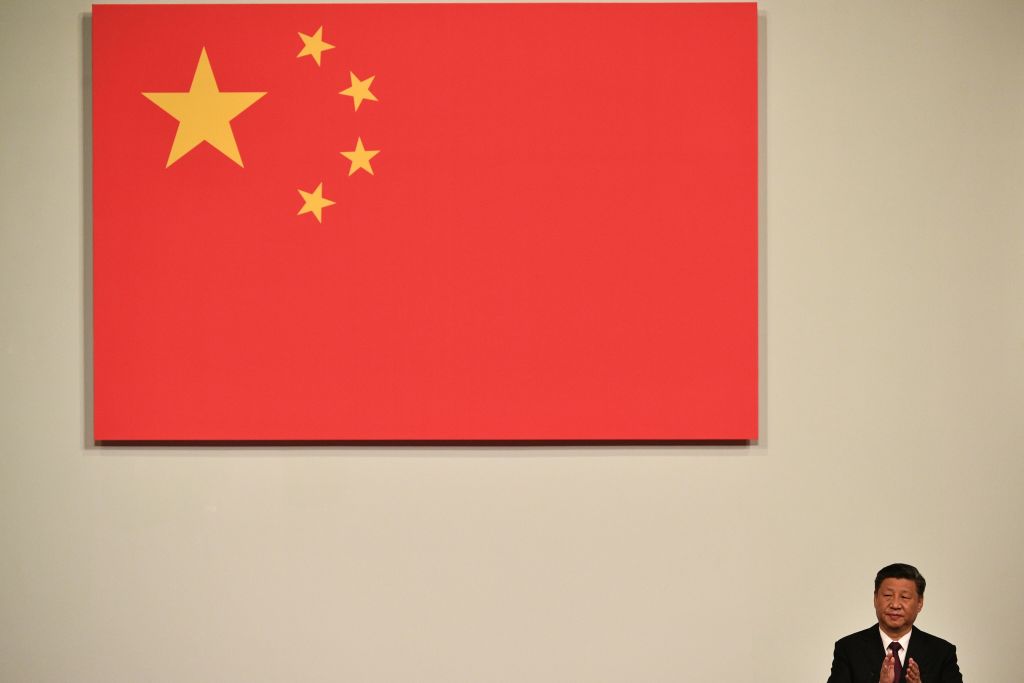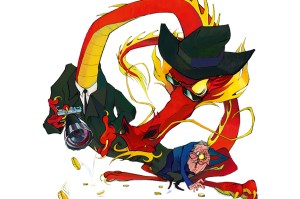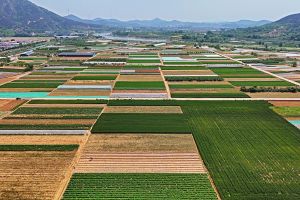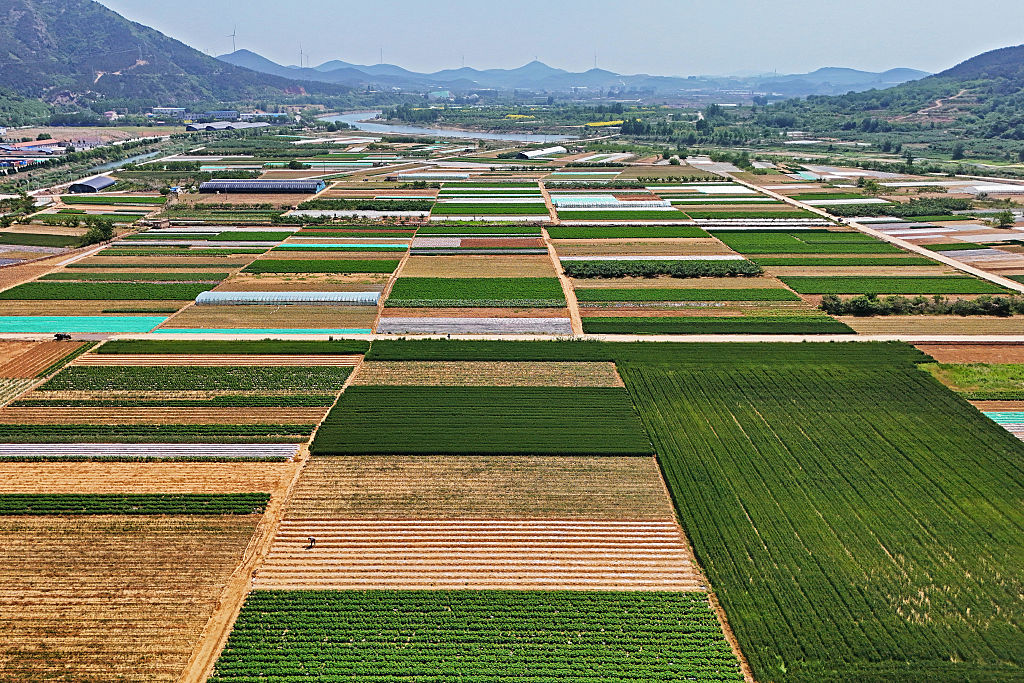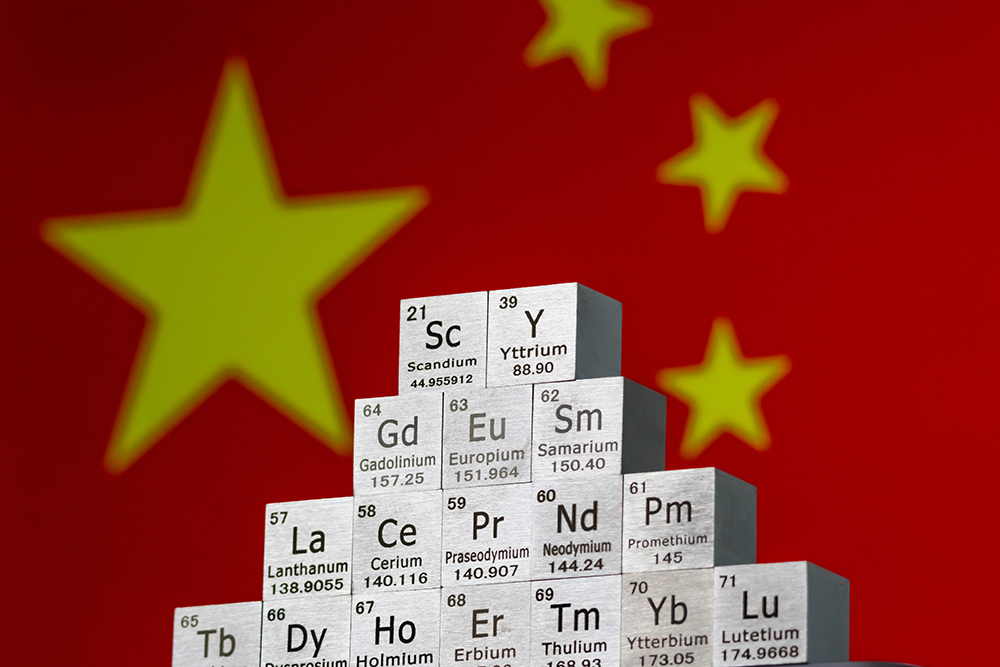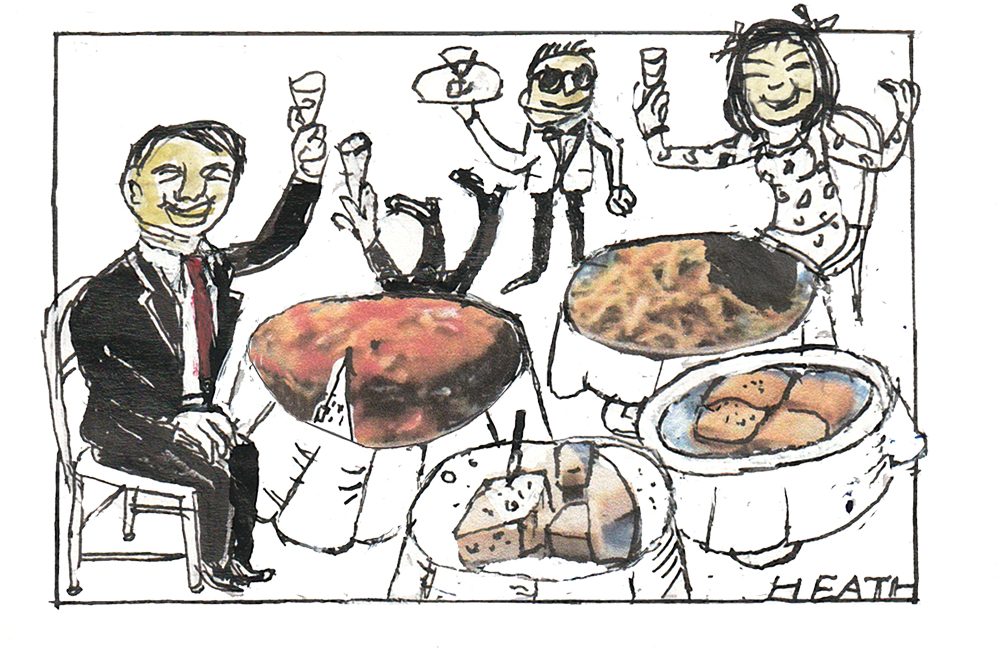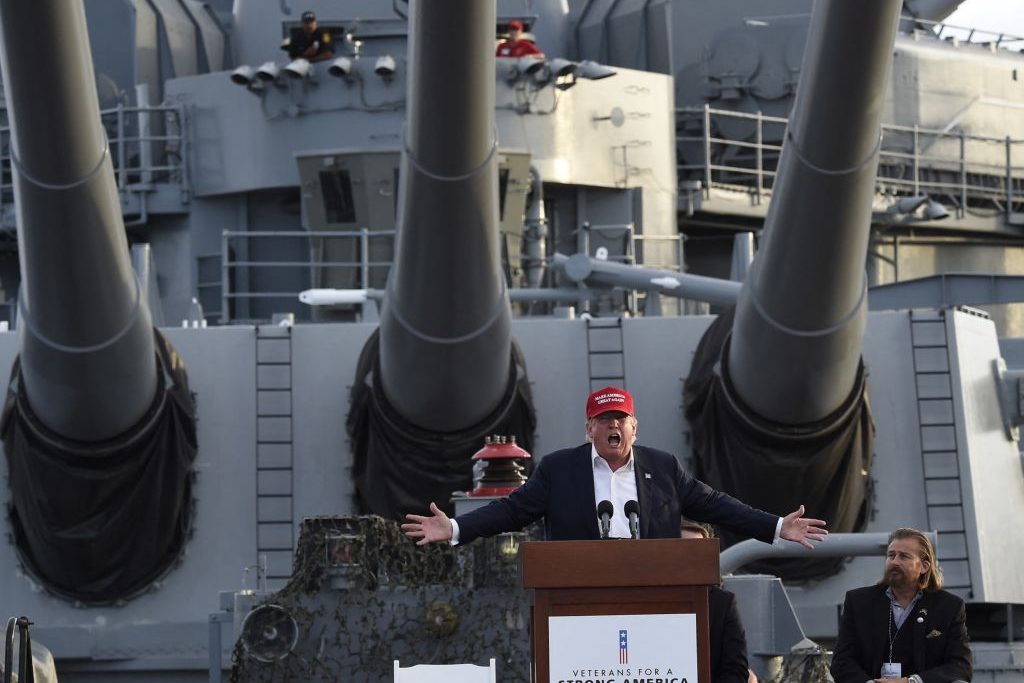A successful dictator has to have ruthlessness, control, influence and competence. So how does China’s leader, Xi Jinping, rate as a dictator? Xi has been in power since 2012 and thus has enough of a track record to judge.
On ruthlessness, he ranks highly. The concentration camps he has created for China’s Muslim minority in Xinjiang and the suppression of the movement in Hong Kong — in violation of the 1984 agreement with the UK — are the most tangible examples. The November 2019 leak of the ‘Xinjiang Papers’, more than 400 pages of internal Chinese documents, to The New York Times provided an unprecedented documentation of the origins and implementation of crackdown against Muslims of Xinjiang. Xi stated that officials should ‘show absolutely no mercy’, and called for a ‘people’s war’ unleashing the tools of ‘dictatorship’ to eradicate radical Islam in Xinjiang. There is documented evidence of at least a million, and perhaps as many as two million Uighur, Kazakh, and other Muslim men in concentration camps, also called ‘re-education camps’. It is also estimated that half a million Muslim children have been separated from their families. In response, the international community has condemned China’s cultural genocide against the Uighurs, which may reasonably also be termed a crime against humanity.
Xi’s ruthlessness has also been displayed in Hong Kong, which is formally ‘a high degree autonomous region of China’, when he ordered the brutal crackdown on Hong Kong protesters who demanded their political rights. This has caused thousands of deaths, injuries, arrests, and disappearances — and is not over yet. In mainland China, his oppression impacts all aspects of Chinese life. Particular targets are human rights lawyers — with many enduring the ordeal of arbitrary detention and imprisonment — and churches. To demonstrate his ecumenism in oppression, Xi demolished and closed thousands of Christian churches, jailing pastors and congregants.
On control, he is clearly above the bar. Xi today has absolute control over power, ideology and resources. He has conducted a stealth purge of the party and installed his own men. As a fifth generation Chinese Communist party (CCP) leader, Xi does not enjoy the authority of Deng, not to mention Mao. Xi has no military achievements, no bureaucratic merits, or any notable achievement. To strengthen his position, Xi is drawing on Mao’s lessons. The parallels with Mao that Xi seeks to draw are transparent. Xi is employing every tactic of the Yan’an Rectification Movement of 1942-1944, when Mao established his dominance in the party. Now he possesses more than a dozen of important titles and, like a good dictator, refused to share his power. As Mao did, he has launched an offensive war to defend and expand the CCP ideology. As a consequence, in villages and factories throughout the country, as well as within the CCP and government, the party has held numerous stultifying and turgid study sessions on ‘Xi Jinping Thought’ to enforce his control of the party. Any dissenting views will be regarded as speaking ill of the CCP Central Committee and be punished. Notably as well, Xi launched major campaign to root out Western ideas in China, banning any discussion of universal vales, free press, civil society, human rights and judicial independence.
On influence, his efforts are Stakhanovite. Xi needs to establish his authority in international politics as a leader of a superpower, and he has accomplished this. Xi monopolizes the vast wealth created by the Chinese people and has used it to consolidate and expand his power in China and abroad. China’s economic success has enabled Xi uses China’s financial power to export its ideology to the world and buy influence in international politics. To expand his influence globally, Xi’s message is that the Chinese model of global governance is superior to the status quo established by the West, particularly the Anglo-Americans at the end of World War Two and in its aftermath. It suggests that China is the only country that can usher in a new world order. Xi has created the foundation for China’s takeover of the global economic order. His approach combines new ideas (‘China Dream’ and ‘the Common Destiny of Mankind’), policies, institutions (such as the Asian Infrastructure Investment Bank), and massive projects (such as the Belt and Road Initiative) with the central objective of reconstituting the liberal world order, with new global governance ideas, concepts and institutions that mask China’s power and hegemonic ambitions.
On competence, no silver or bronze for him: he gets the gold. Many mock Xi’s fake PhD and claim his actual education level stopped at elementary school, but like Mao and Deng, he has demonstrated his extraordinary cunningness: he has navigated the intrigue of the CCP and has overturned precedent. Xi clearly intends to stay in power beyond the traditional two terms since Deng’s retirement, and is likely to remain in power for many years, as Mao and Deng did. Xi has moved the pendulum from oligarchic rule of the last two decades to increasingly totalitarian rule by a great leader, as modeled by Mao’s experience. Moreover, he is remarkable open, for a CCP leader, in his explanation to both domestic and international audiences why China should dominate.
As Xi follows in Mao’s footsteps, he has achieved what Mao did. By all accounts, he is a dictator, and thus far a successful one. As Marx observed, history repeats, the first time is a tragedy, and the second a farce. We would amend this. Whether the dictator is Mao or Xi, for China and for the world both times are tragedy.



